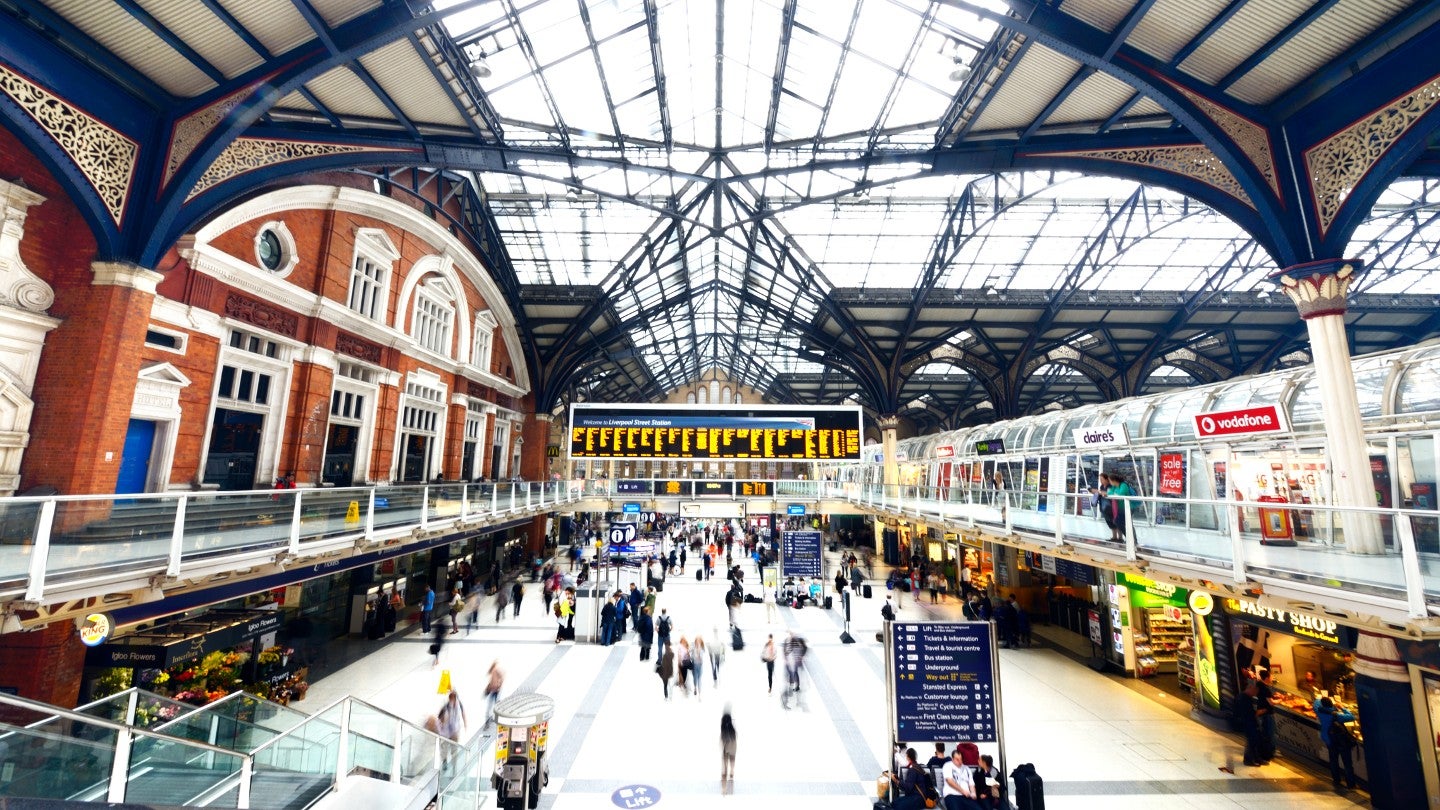
UK rail passengers pay an average 10% price premium for food at railway stations compared to on the high street, according to an investigation by the Office of Road and Rail (ORR).
The ORR, a government-run rail regulator, said rail catering across UK stations was “not working effectively” due to a lack of competition.

Discover B2B Marketing That Performs
Combine business intelligence and editorial excellence to reach engaged professionals across 36 leading media platforms.
Insufficient incentivisation and protected leases mean that station outlets “stay in the same hands for extended periods”, the report said, causing the price of food and drink to increase.
The ORR examined 2,367 stations, including all mainline stations operated by Network Rail and train operators funded by the UK and Scottish governments. Almost half (47%) of these stations with retail space available have just one outlet.
In 2022-23, station catering retailers earned total revenue of around £700m ($883m).
Cause for catering concern
The ORR initially launched the investigation into station food prices in June.

US Tariffs are shifting - will you react or anticipate?
Don’t let policy changes catch you off guard. Stay proactive with real-time data and expert analysis.
By GlobalDataWhile it revealed serious flaws with the UK’s rail catering system, the ORR stopped short of referring the case to the antitrust regulator for investigation.
The report will have provoked concern among catering outlets based in UK rail stations.
The keyword ‘catering’ is consistently the most frequently used in UK-based transport and logistics’ companies’ filings, according to research by GlobalData. ‘Food’ and ‘leasings’ also typically rank in the top 10.
On 7 December, the ORR wrote a letter to Network Rail outlining how the operator could increase the number of passenger trains running on time from just 69%.
“More competition between companies to operate at stations would bring real benefits to passengers and taxpayers,” said Will Godfrey, Director of Economics, Finance and Markets at the ORR.
“Because money earned from leases at stations ultimately makes its way back to those who operate railway stations and infrastructure, this is money that could be invested in improving services for passengers or reducing the need for taxpayer support.”
As the ORR’s investigation continues to the next stage, attention will focus on the recommendations the regulator will make to the station operators, stakeholders, and UK government.
Our signals coverage is powered by GlobalData’s Thematic Engine, which tags millions of data items across six alternative datasets — patents, jobs, deals, company filings, social media mentions and news — to themes, sectors and companies. These signals enhance our predictive capabilities, helping us to identify the most disruptive threats across each of the sectors we cover and the companies best placed to succeed.




